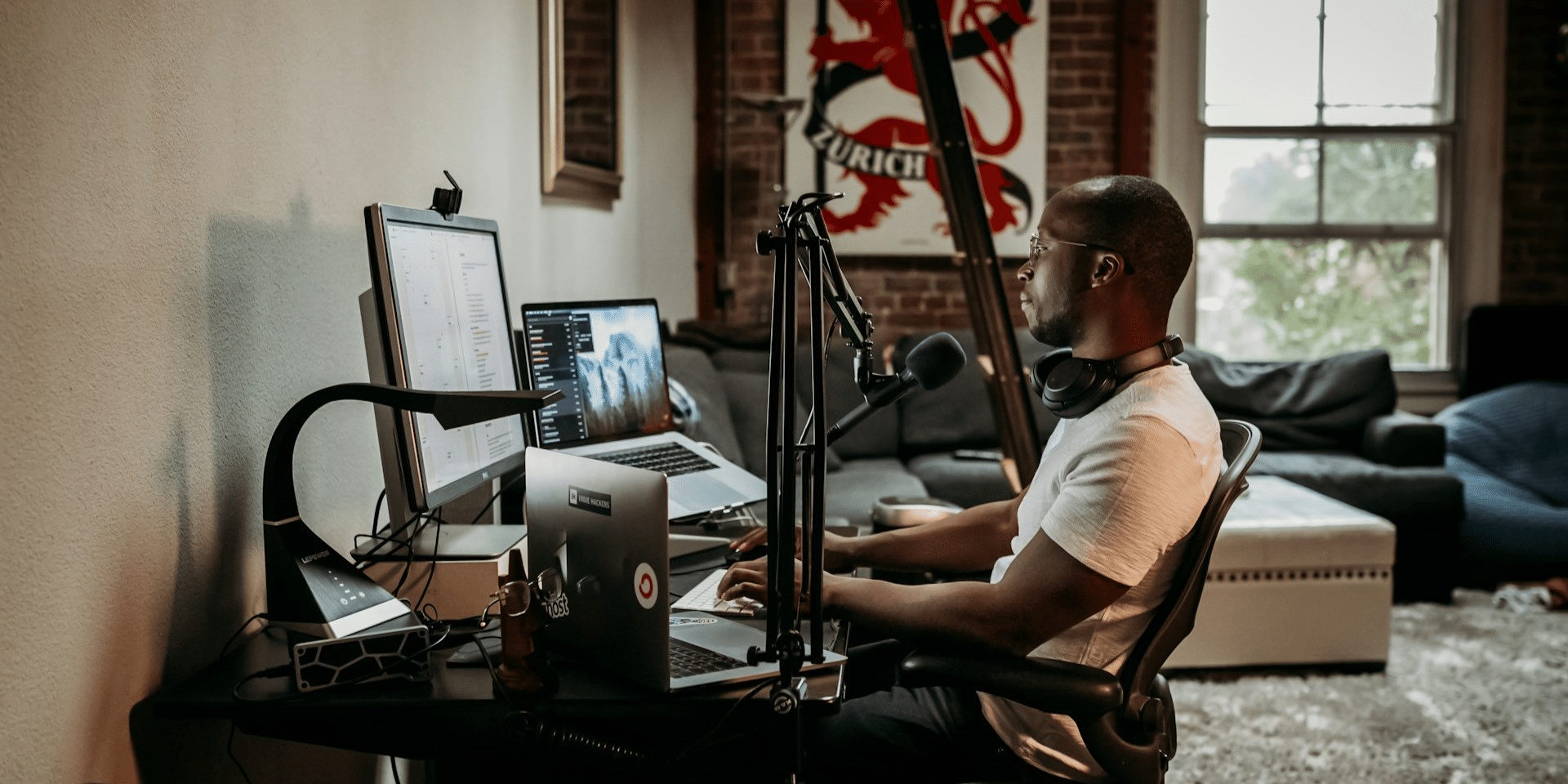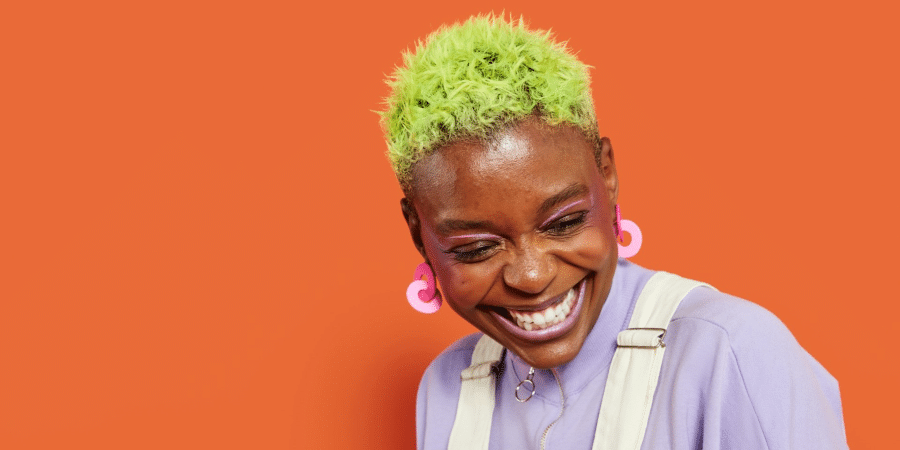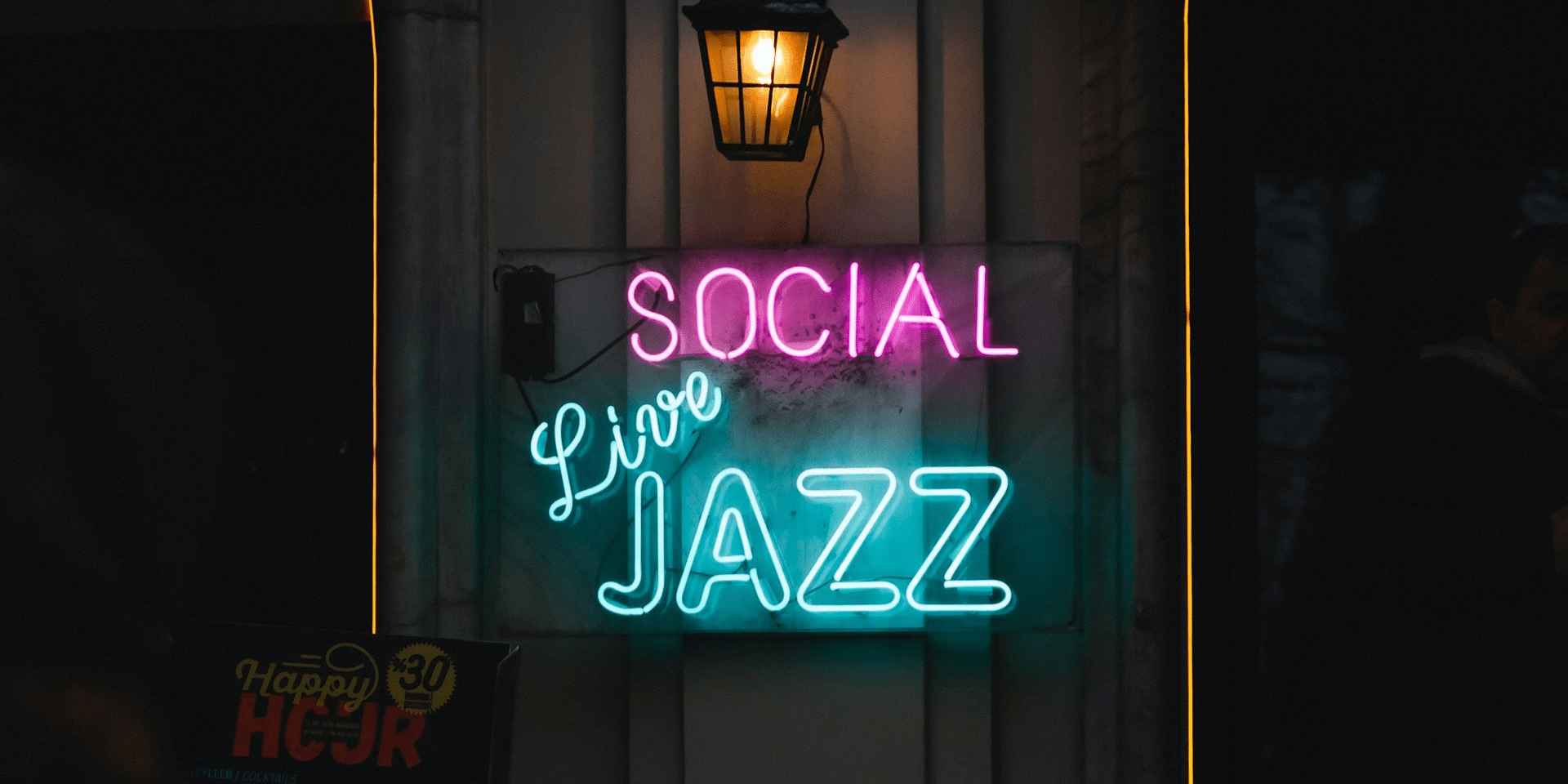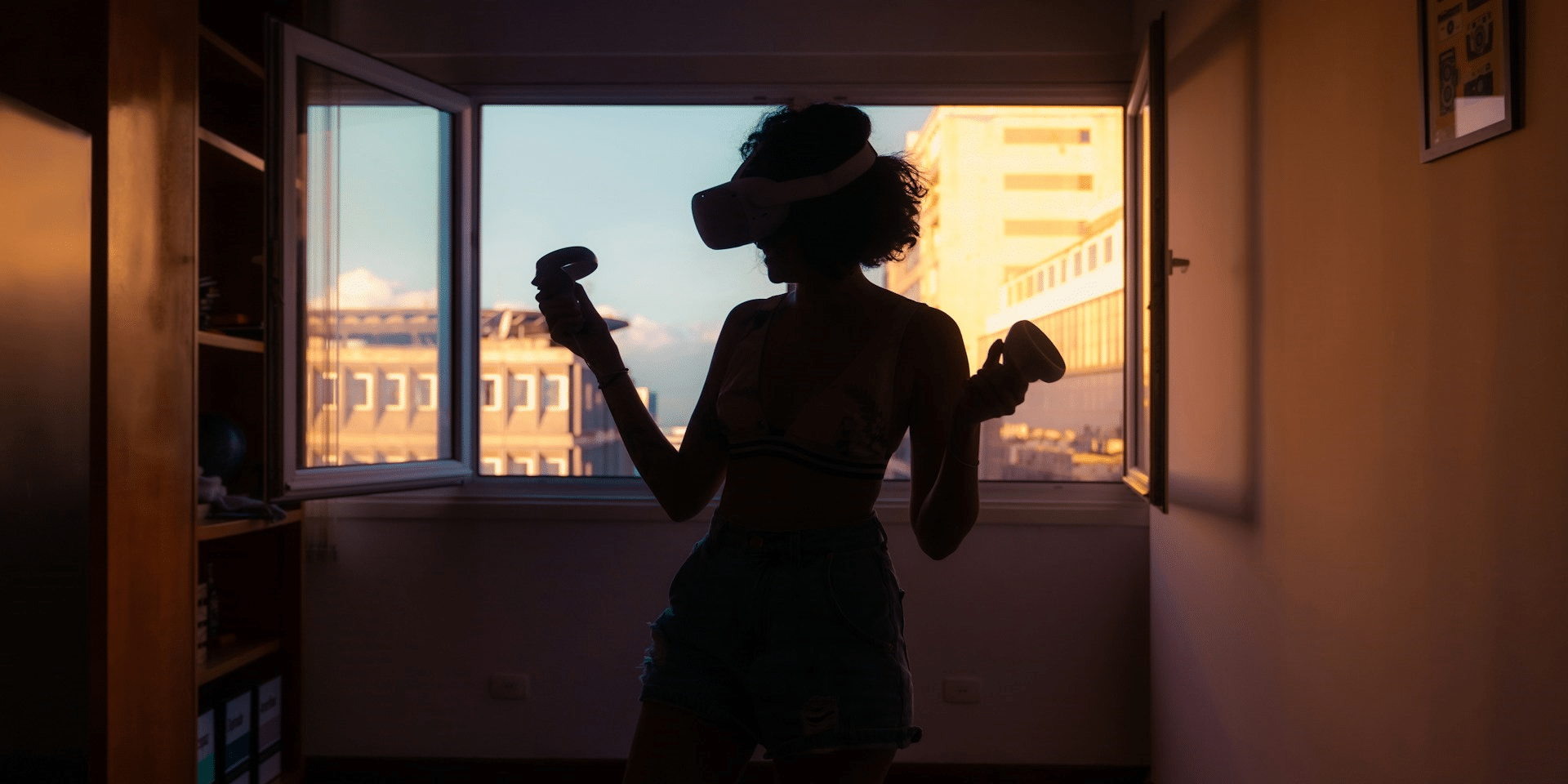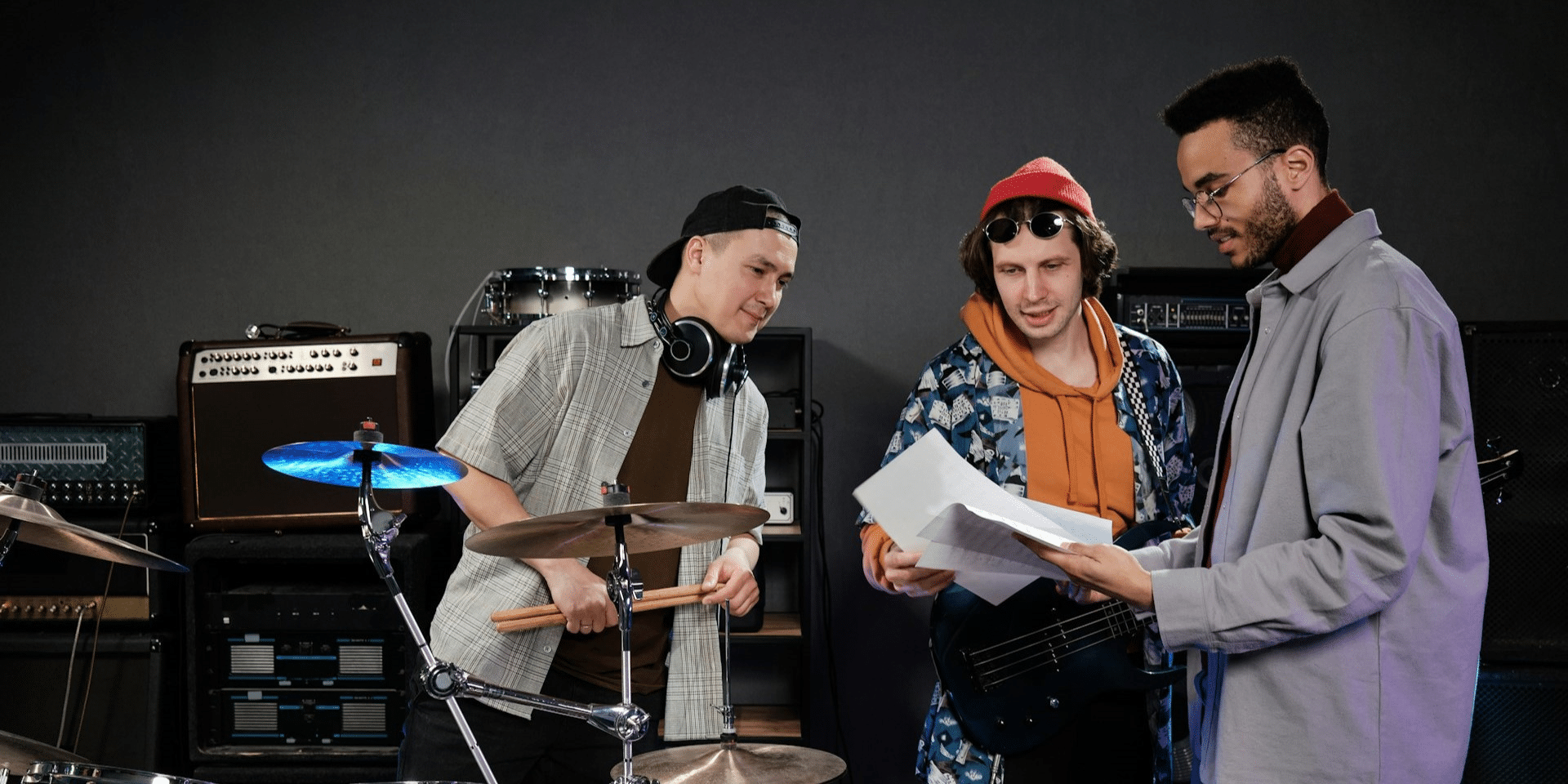For professional musicians, maintaining a consistent sleep schedule can be one of the greatest challenges of their career. Between late-night performances, travel schedules, and the constant demand for creativity, getting quality sleep often falls by the wayside.
Sleep deprivation not only affects their health but also hampers their ability to perform at their best, which is essential in a competitive and physically demanding industry. Below are some of the unique challenges musicians face in getting quality sleep.
Irregular Work Hours
Unlike the typical 9-to-5 job, professional musicians frequently work during late evening and night hours. Whether it’s performing at a concert, jamming in the studio, or winding down after a show, many musicians find themselves awake well past midnight.
This nocturnal lifestyle disrupts the body’s natural circadian rhythm, making it difficult to wind down and fall asleep during conventional hours. Over time, this can lead to sleep disorders like insomnia or shift work sleep disorder.
Adrenaline Rushes After Performances
The thrill of performing live, especially in front of large crowds, can leave musicians feeling an adrenaline that lasts for hours. This “performance high” can be a double-edged sword: while it helps them connect with their audience and deliver high-energy shows, it can also prevent them from unwinding once the show is over. The energy boost and euphoria often keep musicians awake and alert long after the audience has gone home.
Extensive Travel and Jet Lag
Touring musicians often crisscross time zones, leading to inconsistent sleep schedules and frequent bouts of jet lag. The constant need to adjust to different time zones wreaks havoc on their internal clock.
Even when musicians aren’t traveling, they might still be sleeping in unfamiliar environments—hotels, tour buses, or someone else’s home—making it difficult to settle into a restful sleep routine.
Lifestyle Factors and Substance Use
The entertainment industry can sometimes encourage unhealthy sleep habits. Late-night socializing, substance use, and caffeine intake are common in the musician community, which can severely impact sleep quality.
While some may rely on alcohol or sedatives to fall asleep, these substances disrupt the REM cycle, resulting in poor-quality rest that leaves individuals feeling groggy and unrefreshed.
Strategies Musicians Use to Combat Sleep Issues

Photo: Unsplash.com
Despite these challenges, many professional musicians are finding ways to prioritize sleep and improve their overall well-being. Here are some of the strategies they use:
Creating a Pre-Sleep Routine
Many musicians have adopted pre-sleep rituals to help signal their bodies that it’s time to wind down. This can include activities like meditating, reading a book, or listening to calming music. By establishing a consistent bedtime routine, musicians can train their bodies to transition from the high-energy state of performing to a more relaxed state conducive to sleep.
Using Sleep Aids and Supplements
Some musicians turn to natural sleep aids like melatonin to help them fall asleep faster. Melatonin, a hormone that regulates the sleep-wake cycle, can be especially helpful for those struggling with jet lag or irregular schedules. Herbal supplements like valerian root or chamomile tea are also famous for their calming effects.
Practicing Good Sleep Hygiene
Creating an optimal sleep environment is crucial for rest. Musicians often carry eye masks, earplugs, and portable white noise machines to block out unfamiliar sounds and lights.
Additionally, limiting exposure to screens and bright lights before bedtime can help reduce the negative impact on melatonin production. And finally, attempting to stay at establishments with high quality hotel mattresses helps ensure better rest.
Physical Exercise and Relaxation Techniques
Exercise is known to improve sleep quality, and many musicians make time for physical activity to help regulate their sleep cycles. Relaxation techniques such as yoga or progressive muscle relaxation can also alleviate the tension that builds up from performing or long hours of travel.
Cognitive Behavioral Therapy for Insomnia (CBT-I)
Some musicians struggling with chronic sleep issues have turned to CBT-I, a form of therapy that targets negative thought patterns and habits related to sleep. CBT-I can be highly effective in reducing insomnia symptoms and promoting healthier sleep behaviors without relying on medication.
Strategic Napping
For those who can’t get enough nighttime sleep, strategic napping can be a game-changer. Short power naps of 20 to 30 minutes during the day may provide a quick boost of energy and help counteract sleep debt. However, napping too long or too late in the day may interfere with regular nighttime sleep, so timing is crucial.
Why Prioritizing Sleep Matters
Quality sleep is essential for anyone, but for professional musicians, it directly impacts their cognitive function, emotional stability, and physical health. Lack of sleep can lead to diminished creativity, impaired memory, and increased risk of burnout—all of which can spell trouble for a career in music.
Furthermore, sleep deprivation has been linked to anxiety and depression, both of which are common issues among musicians. By making sleep a priority, musicians can safeguard not only their health but also their long-term success in the industry.
Final Thoughts
While the lifestyle of a professional musician may not always be conducive to good sleep, acknowledging the importance of rest and implementing sleep-friendly habits can go a long way. With the right strategies in place, musicians can enjoy more restorative sleep, leading to better performances and a healthier career.
Sleep might seem like a luxury for musicians constantly on the go, but in reality, it’s a necessity that enables them to perform at their peak and maintain their well-being, both on and off the stage.
Published by: Martin De Juan






